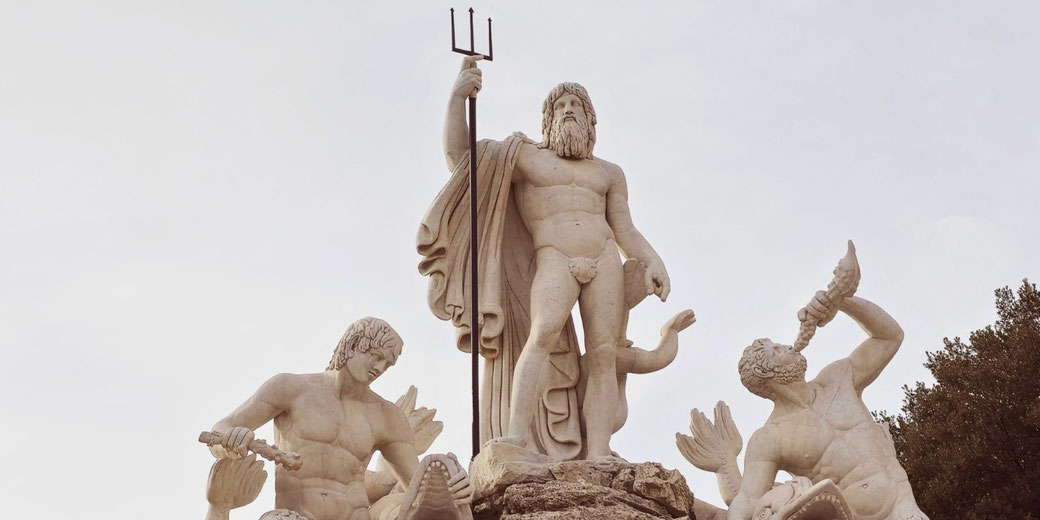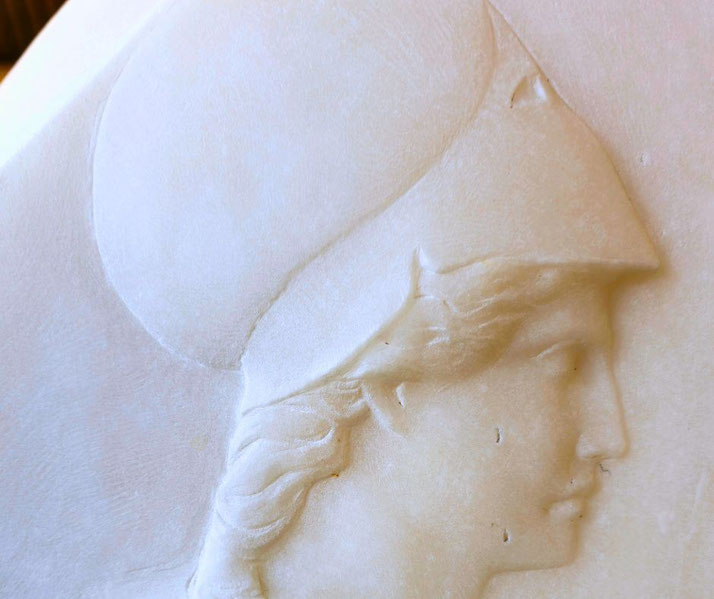Why Athens isn't called 'Poseidonia': The battle between two gods to claim the city

At the dawn of the ancient city of Athens, a divine contest of monumental proportions broke out. The celestial duel was between two Olympian gods, Athena and Poseidon, each vying for the honor of becoming the patron deity of a burgeoning city.
At stake was not just the name of the city, but its destiny, its values, and its enduring symbols. King Cecrops, the city's mythical founder—a half-man, half-serpent—found himself in the unenviable position of judge.
A dramatic meeting of gods and half-human monsters
The city of Athens was founded by King Cecrops, a half-man half-serpent creature who was the first ruler of Attica.
He wanted to honor a god or goddess by dedicating the city to them, but he was not sure who to choose.
He asked the Olympian gods for their advice, and two of them volunteered to compete for the honor: Athena, the goddess of wisdom and war, and Poseidon, the god of the sea and earthquakes.
The contest was simple: each god would present a gift to the city, and Cecrops would decide which one was more useful and valuable.
The gods agreed to this challenge and came to the Acropolis, the highest point of the city, to show their gifts.
How the competition unfolded
Poseidon went first. He struck his trident on the ground, and a spring of water gushed out.
The water was salty, however, and not suitable for drinking or irrigation. Poseidon claimed that his gift symbolized his power over the seas and his ability to provide naval strength and protection for the city.
Athena was next. She planted an olive tree on the ground, and it grew quickly and bore fruits.
The olive tree was a source of food, oil, wood, and many other products. Athena argued that her gift represented her wisdom and skill in arts and crafts, and her ability to offer peace and prosperity for the city.

And the winner is...
Cecrops was impressed by both gifts, but he had to choose one. He decided that Athena's gift was more beneficial and practical for the people of Athens, and he declared her the winner of the contest.
Poseidon was furious and cursed the city with droughts and floods. He also sent a sea monster to attack the city, but it was killed by the hero Theseus with Athena's help.
Athena became the patron goddess of Athens, and the city was named after her.
She also gave her sacred animal, the owl, to the city as a symbol of wisdom and protection.
The olive tree that she planted still stands on the Acropolis, according to legend, and it is considered a sacred relic.

Why did the Athenians tell this story?
The contest between Athena and Poseidon is one of the most famous myths in Greek mythology.
It shows how the ancient Greeks valued wisdom over power, and how they honored their gods with temples and festivals.
It also explains how Athens became one of the most influential and prosperous cities in history.
What do you need help with?
Download ready-to-use digital learning resources
Copyright © History Skills 2014-2025.
Contact via email
With the exception of links to external sites, some historical sources and extracts from specific publications, all content on this website is copyrighted by History Skills. This content may not be copied, republished or redistributed without written permission from the website creator. Please use the Contact page to obtain relevant permission.





